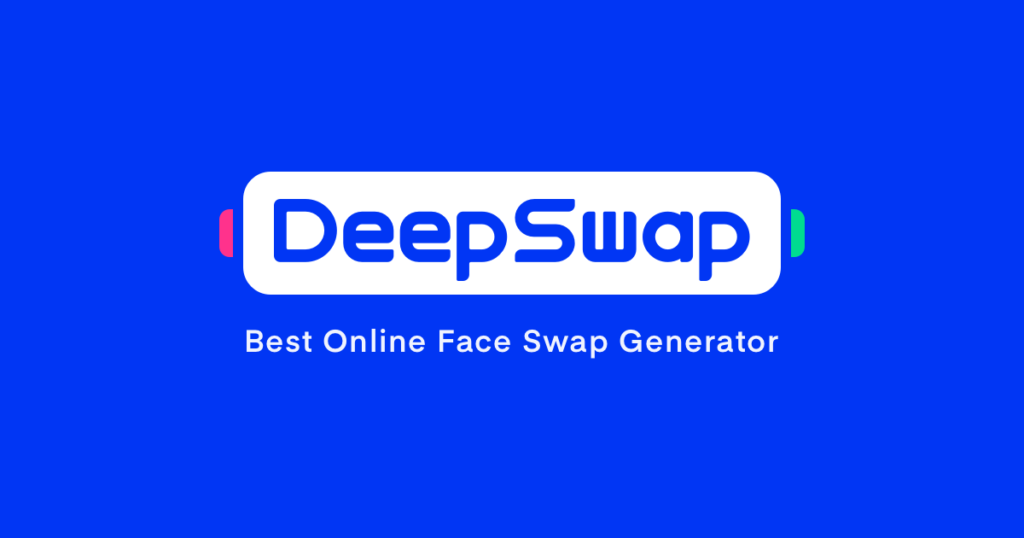Deepfake technology, fueled by artificial intelligence (AI), deep learning, and machine learning algorithms, has revolutionized the way we edit and manipulate videos. With these advanced tools, you can seamlessly perform face swaps, create realistic deepfake videos, and generate high-quality visual content. In this article, we will explore some of the best video deepfake tools available, their features, and the impact they have on the digital landscape.
Best Deepfake Apps: Unleashing the Power of AI in Visual Manipulation
1. DeepFaceLab: DeepFaceLab is a powerful and popular deepfake software that harnesses the capabilities of AI algorithms and AI video to create realistic deepfake videos. It offers a wide range of features and customization options, allowing users to swap faces and generate high-quality deepfake content.

2. Reface is a user-friendly deepfake app that enables you to swap faces with celebrities, famous characters, or even your friends. Available on both Android and iOS platforms in the app store, Reface uses AI technology to seamlessly integrate your face into various GIFs, creating entertaining and shareable content for social media.

3. ZAO: ZAO is a deepfake app that gained widespread popularity for its ability to generate highly realistic deepfake videos. With ZAO, you can superimpose your face onto scenes from movies, TV shows, or music videos, creating immersive and engaging content. ZAO is compatible with both iOS and Android devices and is available in the app store.

4. Deepfakes Web: Deepfakes Web is an online platform that simplifies the process of creating deepfake videos. It offers a user-friendly interface and allows users to generate deepfakes directly from their web browsers. With features like face swapping, lip-syncing, and watermarking, Deepfakes Web provides a comprehensive toolkit for creating deepfake content.

5. FaceApp: Although primarily known for its face-editing capabilities, FaceApp also offers a face swap feature that allows users to swap faces in photos and videos. This popular app utilizes AI technology to seamlessly blend faces, resulting in visually convincing deepfake effects. A free version with watermarks is available for users to try.

6. Jiggy: Jiggy is an AI-powered app designed specifically for creating AI-generated dance videos. With Jiggy, you can superimpose your face onto pre-recorded dance clips, allowing you to become the star of your own dance video.

7. DeepSwap: DeepSwap is an open-source deepfake tool that leverages generative adversarial networks (GANs) to create realistic deepfake content. It provides a range of features, including face swapping, real-time deepfake synthesis, and high-quality video editing capabilities.

8. DeepArt: DeepArt is an AI-driven platform that combines deep learning algorithms with artistic styles to transform images and videos into stunning visual masterpieces. Although not specifically focused on deepfake videos, DeepArt offers unique and creative effects for enhancing video content.
In Conclusion:
It's important to note that while deepfake tools offer exciting possibilities for creativity, they also raise ethical concerns and the potential for misinformation. Responsible usage is crucial to avoid the spread of fake videos or misinformation. Additionally, it's important to respect privacy and obtain necessary permissions when creating and sharing deepfake content.
Is Speechify a deepfake tool?
While Speechify is a powerful tool for text-to-speech and voice-related tasks, it does not directly support or integrate with deepfake tools or face swap apps. Deepfake technology, driven by artificial intelligence, deep learning, and machine learning algorithms, focuses on face swapping and synthesizing realistic videos or images. However, Speechify remains an independent platform that specializes in generating high-quality audio content, such as natural-sounding voices for audiobooks, podcasts, and e-learning. If you're interested in deepfake tools, selfies, and face swap applications, popular options like DeepFaceLab, Reface, Zao, FaceApp, and Wombo offer features for creating deepfake videos, gifs, or trending memes. These deepfake tools use advanced algorithms, generative adversarial networks (GANs), and trained models to achieve realistic results. They can be found on various platforms, including iOS, Android, Windows, and Linux. It's essential to note that while deepfake technology can be entertaining, it also raises concerns regarding misinformation and privacy. Users should exercise caution and consider the ethical implications when using such tools.
In conclusion, the emergence of AI-powered deepfake tools has unlocked new avenues for visual manipulation and creative expression for beginners and experts. With their powerful algorithms, AI tools, and user-friendly interfaces, these tools allow users of all skill levels to dive into the world of deepfakes, enabling face swaps, generating realistic videos, and pushing the boundaries of video editing. As technology continues to advance, it's important to use these tools responsibly and ethically, fostering a digital landscape that prioritizes authenticity and respects the privacy of individuals.





